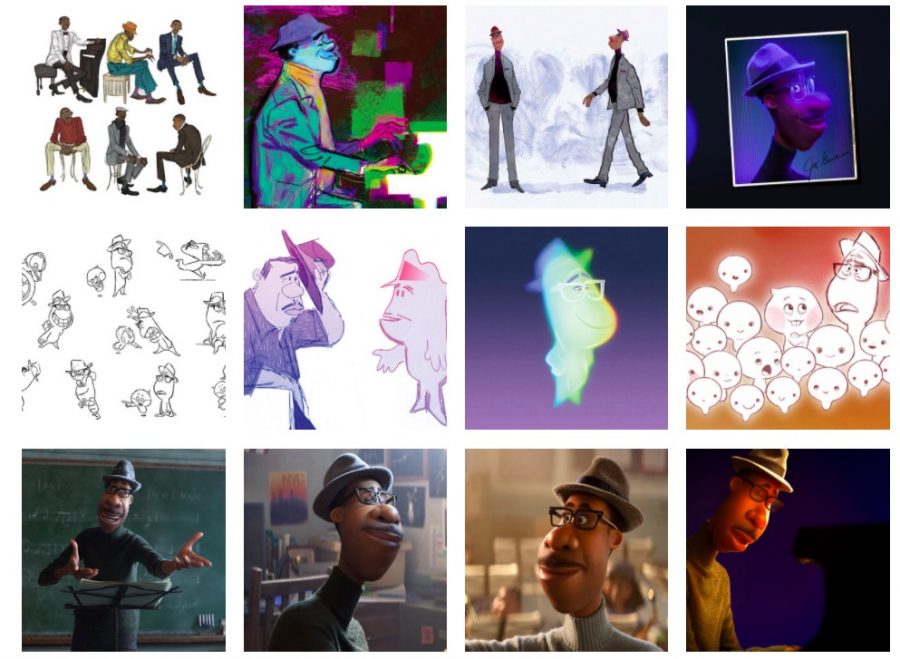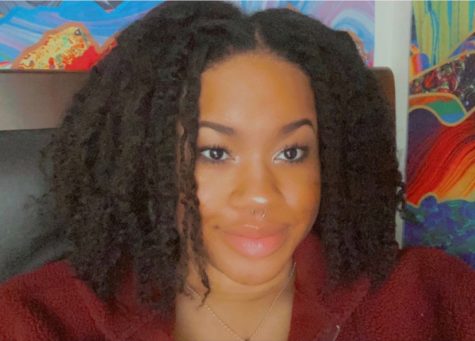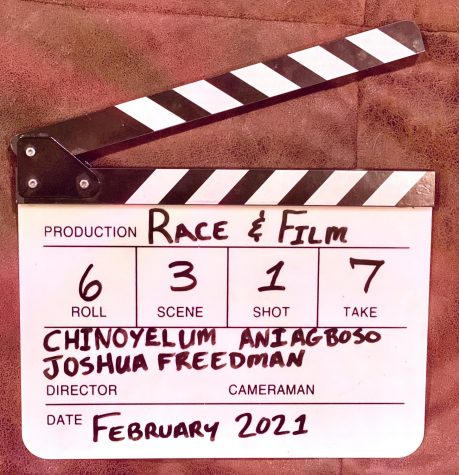Whitewashing in the media: past and present
Soul, released on Dec. 25, 2020, centers on Joe Gardener, voiced by Jamie Foxx. The movie effectively stars a Black man in his real skin for the majority of the movie.
Whitewashing is a process in the film industry where white actors are cast in non-white roles. As opposed to under representation, where there is an overload of white actors and white characters, whitewashing is when POC are being removed from their roles to be inaccurately replaced by white actors.
For children who have grown up with the privilege of seeing people of the same culture and from the same backgrounds as them frequently or at all on TV, they maybe haven’t even realized there is an issue. However, “research shows that a lack of representation in media can lead to negative psychological outcomes for those with identities that are underrepresented or negatively portrayed (Tukachinsky, Mastro, & Yarchi, 2017),” (Psychologyinaction.org). So, while some have gone without even noticing an issue, others are suffering from it.
Whitewashing has been so prevalent in television and for so long. An example is how in kids television, “Sixty-five percent of characters [on channels such as Cartoon Network, Disney Channel, Disney Jr., Nick Jr., Nickelodeon, Sprout–Universal Kids, and PBS Kids] were white and female characters were more likely to be non-white or racially ambiguous than male characters,” (Lemish & Johnson, 2019). Some believe that the underlying negative stereotypes depicting Black men as threatening have likely played a role in the casting and character choice of children’s television shows and movies.
This is a problem that will continually worsen unless viewers acknowledge the problem and fight for change. Someone who notices that all their favorite shows and movies and dominated by an all white or mostly white cast must take action. The lack of action is what is allowing the television and movie industries to believe they are going to get away with this.
Martin Luther King Jr. said, “The Negro’s great stumbling block in the stride toward freedom is not the White Citizen’s Council-er or the Ku Klux Klanner, but the white moderate who is more devoted to ‘order’ than to justice… who constantly says ‘I agree with you in the goal you seek, but I can’t agree with your methods of direct action,” (Letter from Birmingham Jail).
This argument is clearly proved correct in the TV and film industry. One director of a popular children’s animated show told Theconversation.com, “If something’s worked before, you tend to just use it again,”even if that “something” is stereotyped.”
Examples of whitewashing include the popular American musical/romance West Side Story, that first aired in 1961, which involves people of Puerto Rican descent however, the cast is predominantly white. In The Lone Ranger, an action movie that came out in 2013, the white actor Johnny Depp plays Native American warrior Tonto. More recently, a 2017 Netflix series called Death Note, that was based off of an anime, eliminated the Japanese characters from the original anime and replaced them with a mostly white cast. “In The Greatest Showman, Anne Wheeler is played by Zendaya, however her brother W.D. Wheeler is played by actor Yahya Abdul-Mateen II, a dark skinned man. This is one of many examples of colorism in television. “Anne Wheeler should have been played by a dark skinned woman, but due to the fact that she is a love interest in the movie, she was casted by a more acceptable actress who fit the beauty standard better: light-skinned, bi-racial Zendaya,” sophomore Lulu Baker said.
Some film companies such as Pixar, have been trying to make a change. Pixar just released the animated movie, Soul, on Dec. 25, 2020, which stars a Black lead named Joe Gardener, voiced by Jaime Foxx. “This movie was expected to be another let down, due to the fear that Gardener would be in the form of a soul for the majority of the movie and not actually as a Black man. This problem of Black characters not actually being in their own skin for the majority of the movie occurred in The Princess and the Frog (Released in 2009) and Spies in Disguise (Released in 2019). However, Soul ended up overcoming this obstacle as Gardener was in his own skin for a lot of the movie and the movie took place in a predominantly Black community, giving Black people a lot of representation,” Baker said.
This lack of change is why we, as students, as an audience and as the next generation to be running the film industry, need to notice this problem and fight for change. By boycotting some of these whitewashed shows and movies and popular streaming sites, we can begin to show our power.
Your donation will support the student journalists of Thomas S. Wootton High School. Your contribution will allow us to purchase equipment and cover our annual website hosting costs.
Leah Starr is a 2021 graduate.







